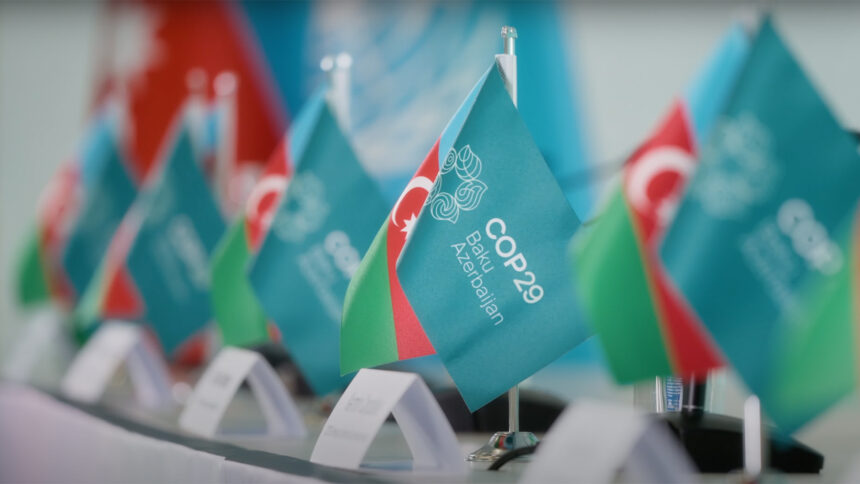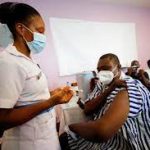The 29th Conference of the Parties to the UN Framework Convention on Climate Change (COP29) takes off today in the Azerbaijani capital Baku, where world leaders, experts, representatives of relevant institutions, and other groups shall be seeking to address escalating climate challenges.
COP29 would aim to deliver concrete outcomes to translate the pledges made in last year’s historic UAE Consensus into real-world, real-economy results.
Ahead of the meeting, five developing countries participating in the thirty-third round of technical analysis for Biennial Update Reports (BURs) from 14 to 18 October 2024 in Bonn, Germany have presented their climate needs alongside progress made towards resolving climate challenges.
During this round, experts analyzed detailed national climate data reported in the BURs from Mali, Algeria, the Central African Republic, Seychelles, and the United Arab Emirates, underscoring diverse efforts made and challenges faced in cutting greenhouse gas emissions.
Algeria reported on its emissions reduction target of 22% by 2030, focusing on mitigation across key sectors, including energy and forestry, whereas, the Central African Republic presented its Measurement, Reporting and Verification (MRV) system and outlined emissions targets for 2025 and 2030 in energy, agriculture and forestry sectors, detailing constraints and needs in technical capacity.
Mali showcased ambitious renewable energy goals and emissions reduction targets across energy, agriculture and forestry sectors by 2030, emphasizing institutional coordination challenges, while the Seychelles is scaling up renewable energy capacity and energy efficiency, setting concrete targets for emission reductions by 2030.
The United Arab Emirates detailed its Net Zero by 2050 initiative, with plans to decarbonize key sectors like power and water generation and leverage clean energy sources to support these goals.
These reports illustrate both progress and ongoing needs, especially for institutional and technical support, as countries transition to the Enhanced Transparency Framework (ETF).
With global temperatures hitting record highs, and extreme weather events affecting people around the globe, COP29 brings together leaders from governments, business and civil society to advance concrete solutions to the defining issue of our time.
A key focus of COP29 will be on finance, as trillions of dollars are required for countries to drastically reduce greenhouse gas emissions and protect lives and livelihoods from the worsening impacts of climate change.





